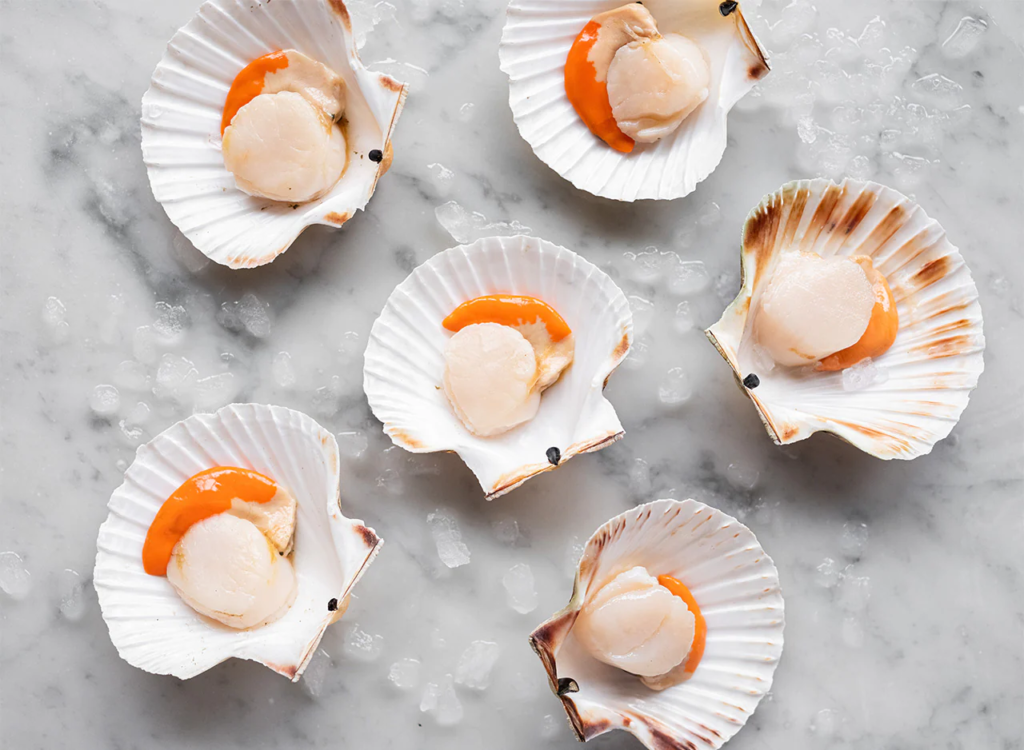
Scallops, the jewel of the sea, captivate both seafood enthusiasts and culinary connoisseurs alike. These delectable mollusks, known for their sweet and succulent meat, have earned a special place in the hearts of seafood lovers worldwide. With its delicate flavor, tender texture, and versatility in the kitchen, scallop offer a truly exceptional dining experience. In this article, we dive into the world of scallops, exploring their origins, nutritional benefits, cooking techniques, and their enduring appeal.
What is a Scallop?
Scallops belong to the bivalve family and are found in oceans around the globe. They possess two beautiful, fan-shaped shells that protect their tender flesh. While scallops can be found in various sizes, the most prized culinary specimens are typically the larger, meatier ones.
Varieties of Scallops:
- Sea Scallops: These are the most common and sought-after variety, known for their large size and rich, sweet flavor. Sea scallops are versatile and can be prepared in various ways, from searing to grilling.
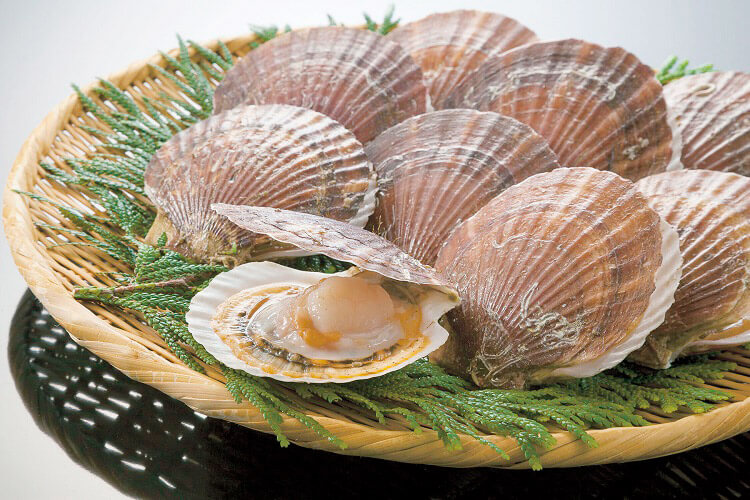
- Bay Scallops: Smaller and sweeter than their sea counterparts, bay scallops are perfect for dishes where a delicate flavor is desired. They cook quickly and are often used in stir-fries, pasta dishes, or ceviche.
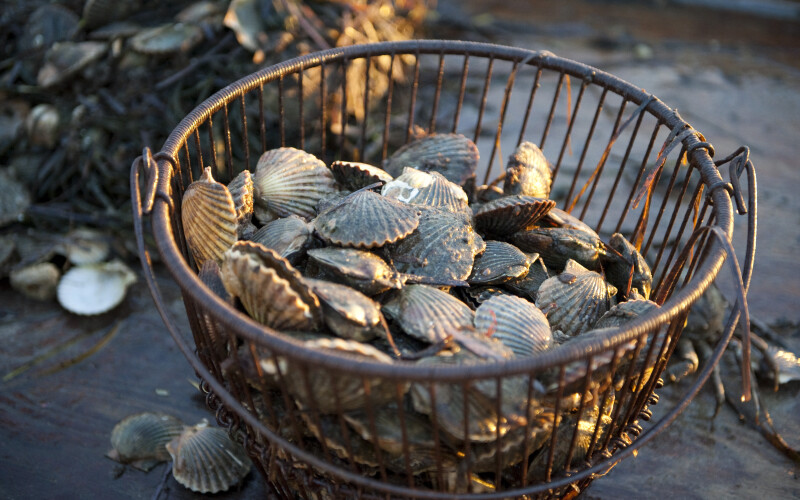
- Calico Scallops: Calico scallops, also known as calico scallops, are smaller in size and have a distinct pink or orange hue on their shells. They possess a slightly milder flavor compared to sea scallops and work well in stir-fries, soups, and seafood stews.
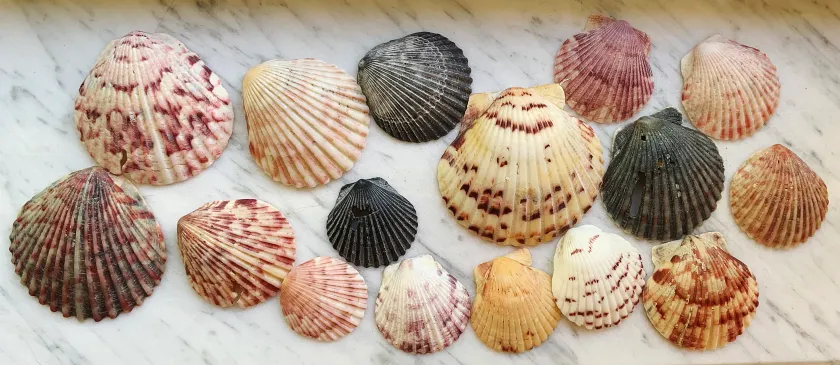
Nutritional Highlights
Aside from their irresistible taste, scallops offer an array of health benefits. They are an excellent source of lean protein and contain essential vitamins and minerals, including vitamin B12, magnesium, and omega-3 fatty acids. With low calories and fat content, scallops make a nutritious choice for those seeking a balanced diet.
- Rich in Lean Protein: Scallops are an excellent source of lean protein, making them a valuable option for individuals looking to maintain or build muscle mass. Protein is essential for tissue repair, growth, and overall body function.
- Essential Vitamins and Minerals: Scallops are packed with essential vitamins and minerals that contribute to overall well-being. They are particularly high in vitamin B12, which is vital for the formation of red blood cells and the proper functioning of the nervous system. Scallops also contain magnesium, a mineral that supports bone health, muscle function, and energy production.
- Omega-3 Fatty Acids: Scallops are a good source of omega-3 fatty acids, which are known for their heart-healthy benefits. These healthy fats have been linked to reduced inflammation, improved brain function, and a lower risk of heart disease. Including scallops in your diet can help you meet your omega-3 fatty acid needs.
- Low in Calories and Fat: If you’re conscious of your calorie and fat intake, scallops are an excellent choice. They are relatively low in calories and fat, making them a nutritious option for those aiming to maintain a balanced diet and manage their weight.
Cooking Tips with Scallops:
The bivalves” versatility in the kitchen allows for endless culinary adventures. From delicate appetizers to luxurious main courses, these gems can be prepared in various ways to suit every palate. Here are a few popular cooking techniques:
- Pan-Seared Scallops: Achieving a golden crust while maintaining a tender interior is the key to perfect pan-seared scallops. Sear them briefly in a hot pan with butter or oil until they develop a caramelized exterior, creating a delightful contrast to the tender center.
- Grilled Scallops: Embrace the smoky flavors of the grill by threading scallops onto skewers or placing them directly on grates. A light marinade or seasoning enhances their natural taste, creating a delightful charred and succulent dish.
- Scallops in Creamy Sauces: Scallops lend themselves beautifully to creamy sauces, such as a classic beurre blanc or a velvety lemon-butter sauce. These sauces complement the sweet flavor of scallops, resulting in a rich and indulgent dish
- Raw Scallops: For the adventurous palate, thinly sliced scallops can be enjoyed raw as part of a refreshing seafood ceviche or carpaccio. Their natural sweetness, combined with zesty citrus and herbs, creates an exquisite flavor profile
Tips for Selection and Preparation
- Freshness is key: When purchasing scallops, opt for those with a fresh, slightly sweet aroma. They should have a firm texture and be free from a strong fishy smell.
- Dry vs. Wet: Scallops are often sold in two forms—dry or wet. Dry scallops are free of any added preservatives and have a natural ivory color, while wet scallops are treated with a solution to maintain moisture and have a whiter appearance. Dry scallops are preferred for their superior flavor and searing capabilities.
- Proper Cooking Techniques: To achieve the perfect sear on scallops, ensure they are patted dry with paper towels before cooking. High heat and a well-heated pan are crucial for creating that caramelized crust while keeping the interior tender.
Creative Serving Suggestions
- Scallop Ceviche: Embrace the raw elegance of scallops by marinating thinly sliced scallops in a zesty citrus dressing. Add diced mango, red onion, and cilantro for a tropical twist.
- Bacon Skewers: Wrap bite-sized scallops with smoky bacon and thread them onto skewers. Grill or broil until the bacon is crispy and the scallops are tender—a perfect combination of flavors and textures.
- Scallop on Risotto: Serve seared scallops atop a creamy risotto infused with flavors like saffron, lemon zest, or parmesan cheese. The creamy rice provides a luscious base for the delicate scallops.
Sustainability and Responsible Sourcing
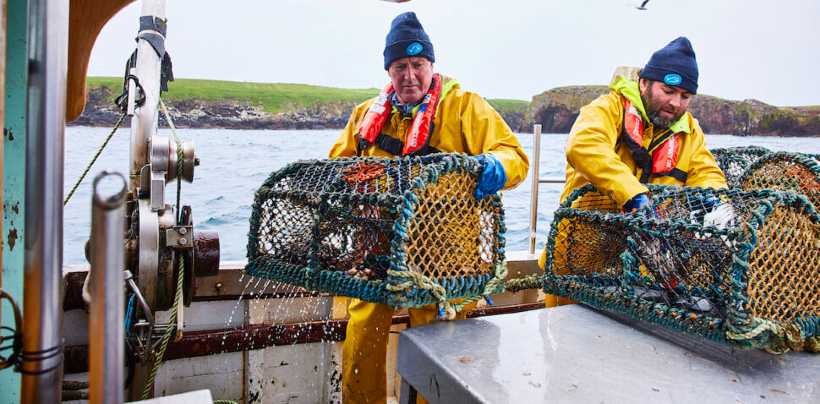
As with any seafood, it is important to consider sustainability and responsible sourcing when purchasing scallops. Look for scallops that have been harvested using sustainable fishing methods, such as diver-caught or hand-harvested scallops. These practices minimize environmental impact and help maintain healthy scallop populations for future generations to enjoy.
When purchasing seafood, including scallops, it is important to prioritize sustainability and responsible sourcing. Follow these guidelines to make informed choices:
Choose scallops harvested using sustainable fishing methods, such as diver-caught or hand-harvested techniques. These methods minimize environmental impact and preserve marine ecosystems.
Support environmental conservation by selecting scallops sourced sustainably, which reduces the overall carbon footprint associated with seafood production.
Contribute to the preservation of scallop populations by favoring practices that incorporate size limits, seasonal closures, and quotas to prevent overfishing and ensure long-term sustainability.
Look for certifications and labels from reputable organizations like the Marine Stewardship Council (MSC) or Aquaculture Stewardship Council (ASC) to guarantee adherence to strict environmental and social standards.
Ensure traceability by choosing scallops that provide information about their origin, supporting transparency and responsible practices throughout the supply chain.
Conclusion
Scallops, with their tender texture and delicate flavor, continue to captivate our palates. From sustainable sourcing to their numerous health benefits, scallops offer a delightful combination of taste and nutrition. Whether you prefer them seared, grilled, or in a seafood stew, scallops are a versatile ingredient that can elevate any culinary creation. So, embrace the ocean’s bounty and explore the world of scallops—one delectable dish at a time.

Seafood Society by M&C Asia has earned its reputation by directly supplying the freshest seafood from the dock to the kitchen. We work closely with small fishmongers who carefully select the best catches from daily arrivals.
This close collaboration allows us to easily track the handling and origins of our seafood right from the source. Furthermore, our company actively maintains certification under the Chain of Custody (CoC) by the Marine Stewardship Council for both wild (MSC) and farmed (ASC) species.


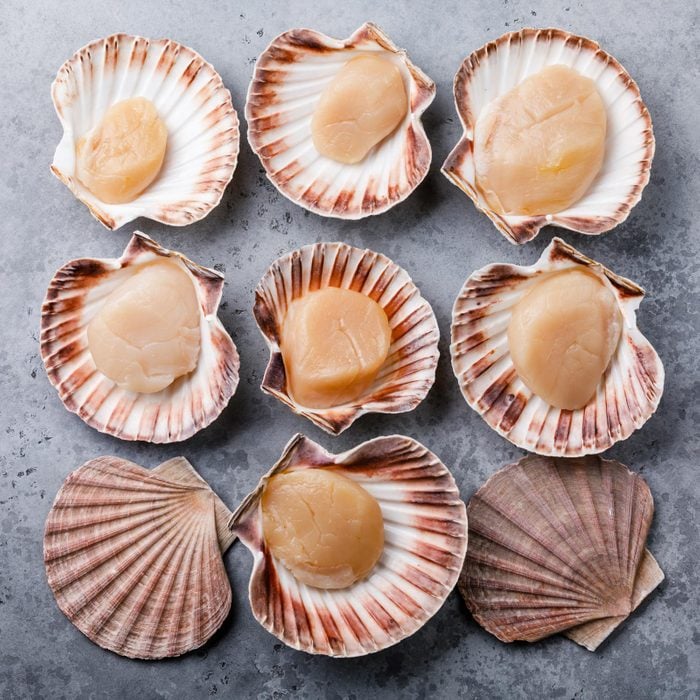
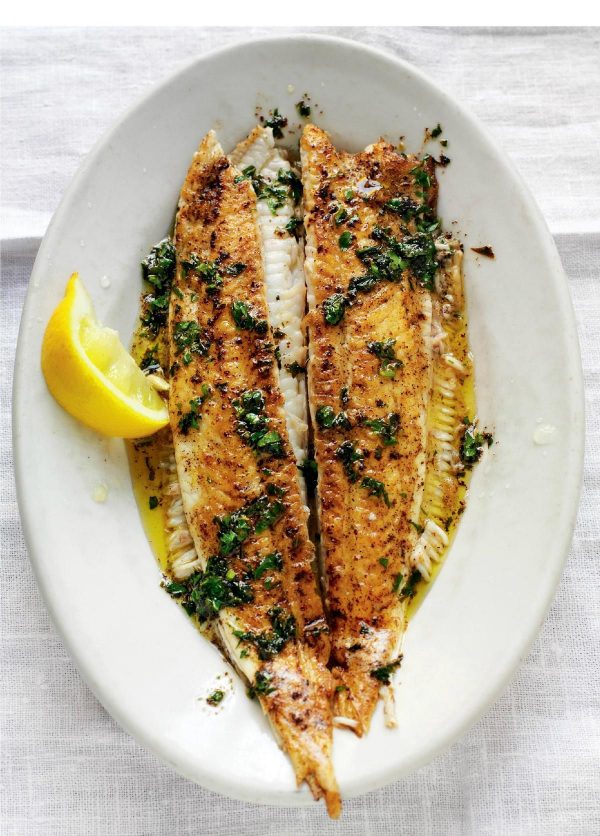
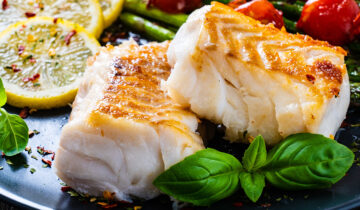
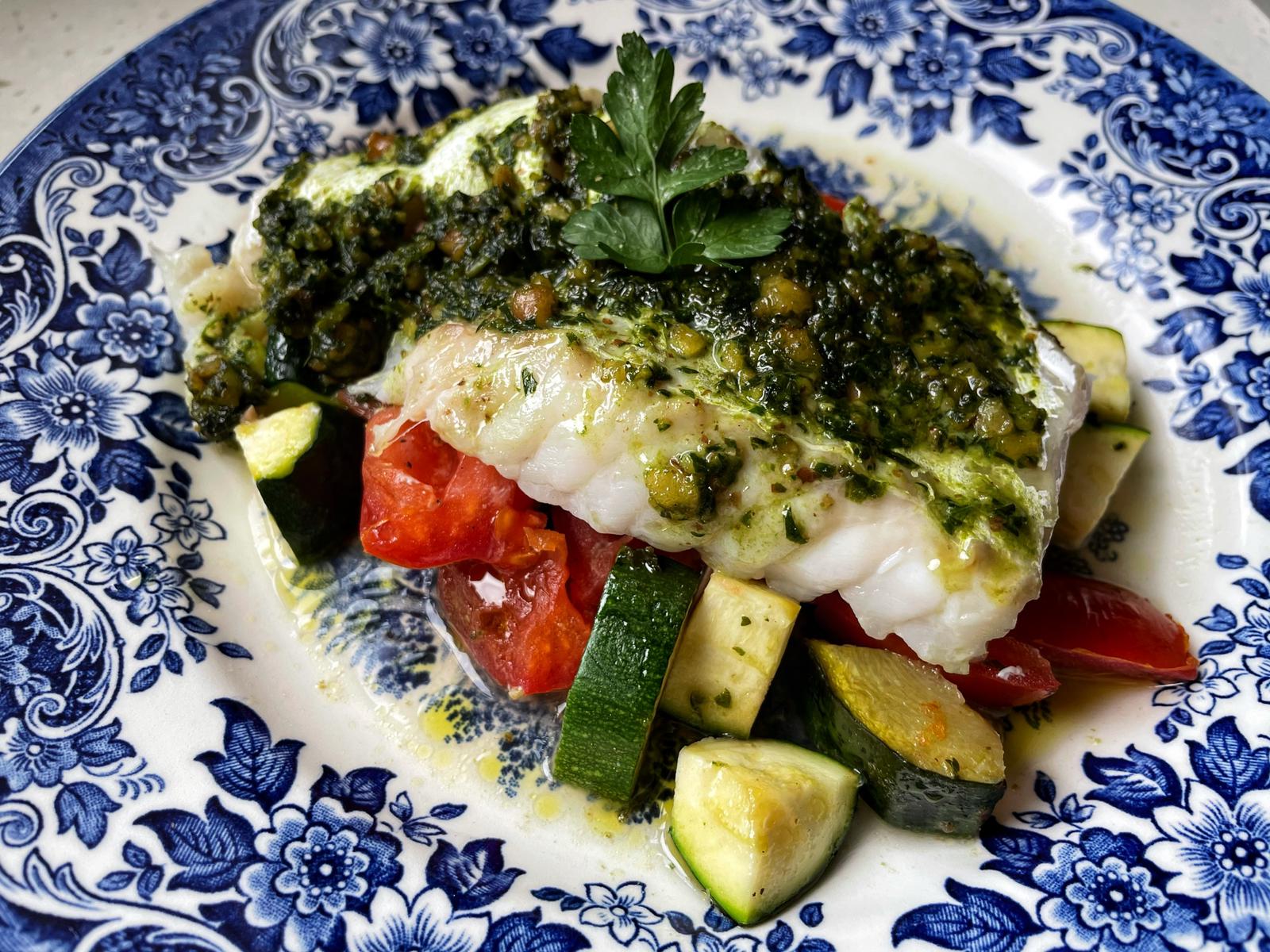
 No products in the cart.
No products in the cart. 
